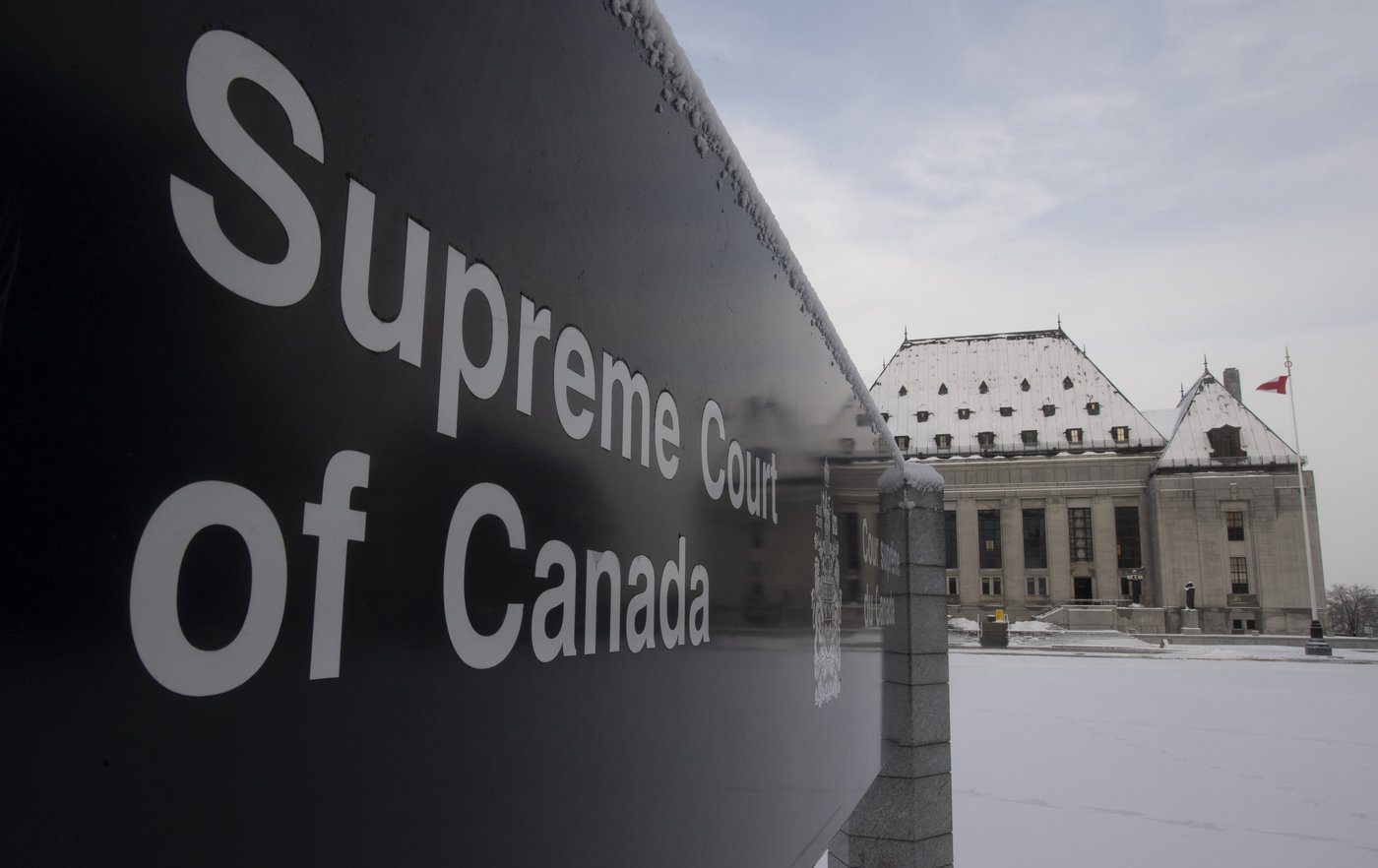OTTAWA — A law professor is urging the Supreme Court of Canada to weigh the constitutionality of “revolutionary and unprecedented legislation” that limits members of a prominent spy watchdog from using their parliamentary immunity to speak out.
In an application to the top court, Lakehead University Prof. Ryan Alford says the case raises issues of public importance about the protections afforded to MPs and senators exercising their freedom of speech and debate.
Federal lawyers say in an opposing submission there’s no need for the Supreme Court to wade into the matter.
The court is expected to rule in coming weeks whether it will hear the case.
The outcome could have serious implications for the National Security and Intelligence Committee of Parliamentarians, known as NSICOP.
The committee grabbed the spotlight in June upon releasing a public version of a classified report that said some parliamentarians were “semi-witting or witting” participants in the efforts of foreign states to meddle in Canadian politics.
The stark findings prompted a flurry of concern that members knowingly involved in interference might still be active in politics.
The committee, composed of MPs and senators from various parties, has access to highly classified information — including many sensitive details that were stripped from the foreign interference report before its public release.
Ordinarily, MPs and senators can claim parliamentary immunity from prosecution for statements made in Parliament.
However, members of NSICOP could face up to 14 years in prison for the improper disclosure of information protected under the legislation underpinning the committee and related statutes.
Alford successfully argued in Ontario Superior Court that Parliament could not restrict parliamentary privilege without a constitutional amendment.
However, in April the Ontario Court of Appeal overturned the decision.
A three-member panel of the Court of Appeal said Parliament can limit the right to freedom of speech and debate in the manner laid out in the legislation governing the committee, without a constitutional change.
In his application seeking a hearing at the Supreme Court, Alford says that since the establishment of responsible government in the United Kingdom, no government in any Westminster system has contemplated sending a member of Parliament to jail for what was said in debate in the legislature.
“This appeal will decide whether this revolutionary and unprecedented legislation, which chills speech in the course of legislative activity, is constitutional.”
In an interview, Alford said the case is an opportunity for the Supreme Court to “give some clarity as to what people need to think about when they pass legislation of this nature.”
In their submission to the Supreme Court, federal lawyers say the Constitution Act of 1867 provides Parliament with the express legislative power to define the privileges of the House of Commons, the Senate and their members.
The relevant section of the legislation governing the committee “is a clear example of Parliament’s intention to exclude reliance on parliamentary privilege in the circumstances identified in the provision,” the federal submission says.
“It is for Parliament, not the courts, to determine the occasion and manner of the exercise of a privilege, such as the freedom of speech and debate.”
This report by The Canadian Press was first published Aug. 24, 2024.
Jim Bronskill, The Canadian Press





